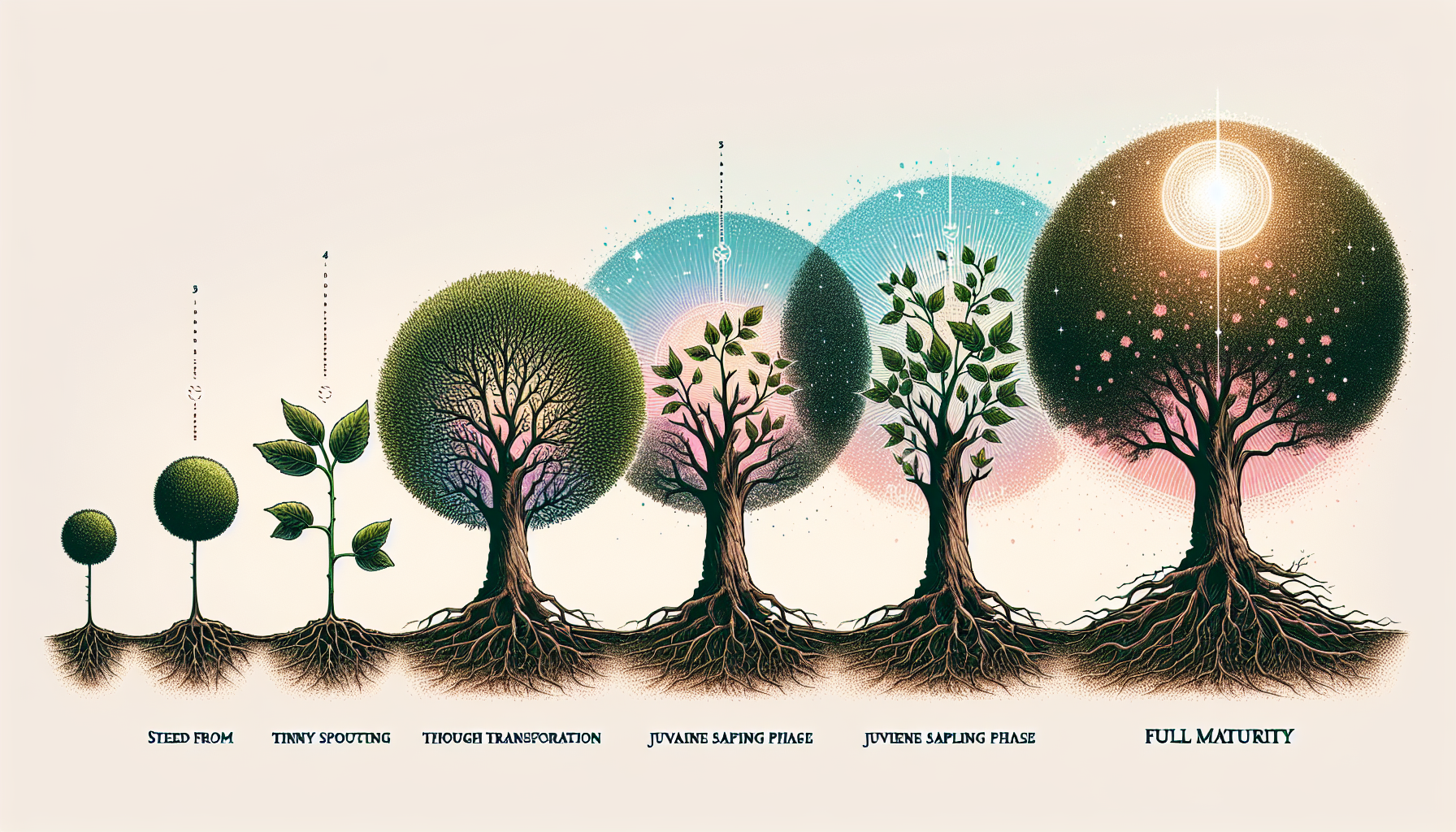The Hidden Perks of Being a Technical Writer

One of the most appealing aspects of a career in technical writing is the flexibility it offers. Unlike many traditional office jobs, technical writing often allows for a hybrid work model. Writers can choose to work from home, in co-working spaces, or in any environment that fosters their creativity and productivity. This flexibility not only enhances work-life balance but also empowers technical writers to create their ideal working conditions. For instance, consider a technical writer working in the software industry. They may spend part of their week in an office collaborating with engineers and developers, while other days could be dedicated to focused writing at home, free from the distractions of a bustling workplace. This adaptability can lead to higher job satisfaction and increased productivity, making technical writing a desirable career option for many. According to a survey conducted by the Society for Technical Communication, over 70% of technical writers reported that their flexible work arrangements positively impacted their overall job satisfaction. The ability to tailor their work environment allows writers to perform at their best, fostering creativity and innovation in their writing.
Opportunities for Remote Work
The rise of remote work has transformed the landscape of many professions, and technical writing is no exception. Organizations are increasingly recognizing that the skills of a technical writer can be leveraged from anywhere in the world. This opens up a wealth of opportunities for writers who prefer to work remotely, allowing them to connect with companies across different geographical locations without the need for relocation. For example, a technical writer in a small town may find themselves working for a leading tech company based in Silicon Valley, all from the comfort of their home office. This not only broadens the talent pool for companies but also enables writers to negotiate better salaries, as they are no longer limited by local job markets. The ability to work remotely can lead to increased job satisfaction, as writers can maintain a lifestyle that suits their personal needs while advancing their professional careers. The Bureau of Labor Statistics notes that the median salary for technical writers was approximately $74,650 as of 2021, with remote positions often offering competitive salaries. This financial incentive, combined with geographical flexibility, makes technical writing an attractive option for many professionals.
Continuous Learning Across Diverse Fields
Technical writing is not a static field; it is constantly evolving alongside advancements in technology and various industries. As a technical writer, one has the unique opportunity to immerse themselves in a variety of subjects—from software development and engineering to healthcare and finance. This exposure not only keeps the work interesting but also encourages continuous learning. For instance, a technical writer may start their career focused on user manuals for a software company, then transition to creating documentation for a medical device firm. Each shift requires the writer to learn about new processes, terminologies, and regulatory requirements. This dynamic nature of the profession keeps writers engaged and challenged, making technical writing an appealing choice for lifelong learners. Professional development is a significant aspect of a technical writer's career. Many writers pursue additional training or certifications to enhance their skills further. The American Society for Quality (ASQ) offers certifications in quality management, while other organizations provide courses in user experience (UX) writing or advanced documentation techniques. This commitment to professional development not only boosts their credentials but also enriches their understanding of the industries they work in, making them more valuable assets to their employers.
The hidden perks of being a technical writer extend far beyond the conventional perception of the role. With flexible work environments, opportunities for remote positions, and the chance for continuous learning across diverse fields, technical writing offers a fulfilling career path that many might overlook. As the demand for clear and effective communication continues to grow in our increasingly complex and technological world, the opportunities for technical writers are vast and varied. Those considering a career in this field can look forward to not just a job but a journey filled with growth, flexibility, and endless possibilities.
User Experience (UX) Writer
Google, Facebook, Adobe
Core Responsibilities
Collaborate with designers and product teams to create user-friendly content that enhances the overall user experience.
Develop clear and concise microcopy for interfaces, including buttons, error messages, and onboarding guides.
Required Skills
Strong understanding of UX principles and user-centered design.
Ability to conduct user research and usability testing to inform content decisions.
Content Strategist
Amazon, Microsoft
Core Responsibilities
Design and implement content strategies that align with business goals and user needs.
Analyze market trends and user feedback to optimize content across various platforms and formats.
Required Skills
Proficiency in SEO best practices and analytics tools (e.g., Google Analytics).
Excellent communication skills with the ability to collaborate across teams.
Information Architect
IBM, Cisco
Core Responsibilities
Organize and structure information to improve usability and navigation within digital products.
Create wireframes and sitemaps to guide the design and development of websites and applications.
Required Skills
Strong analytical skills and familiarity with user experience research methods.
Proficiency in design tools such as Axure, Sketch, or Adobe XD.
Technical Editor
Siemens, Lockheed Martin
Core Responsibilities
Review and edit technical documents, ensuring clarity, consistency, and adherence to style guides.
Provide feedback and guidance to technical writers to improve the quality of documentation.
Required Skills
In-depth knowledge of technical writing standards and practices.
Strong editing skills with an eye for detail and accuracy.
Documentation Specialist
Core Responsibilities
Create and maintain product documentation, including user manuals, FAQs, and online help resources.
Work closely with product managers and engineers to gather information and ensure technical accuracy.
Required Skills
Proficiency in documentation tools like MadCap Flare or Adobe RoboHelp.
Ability to translate complex technical information into accessible language for end users.


